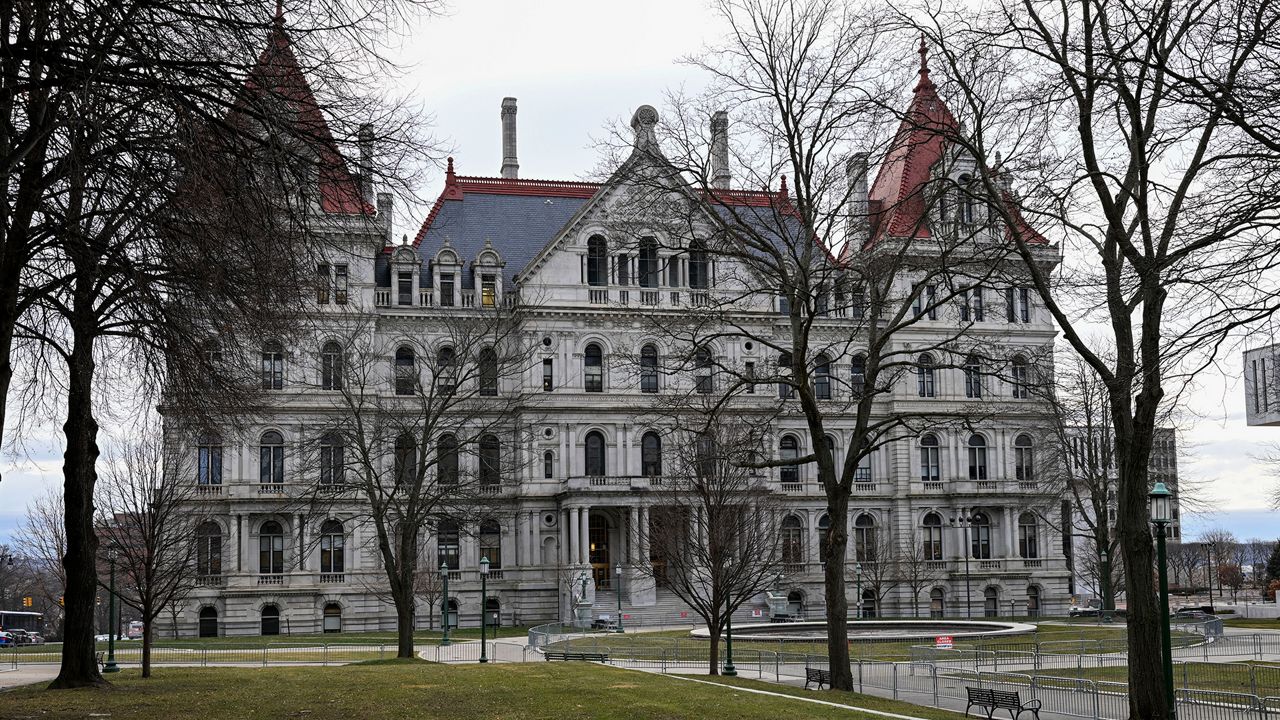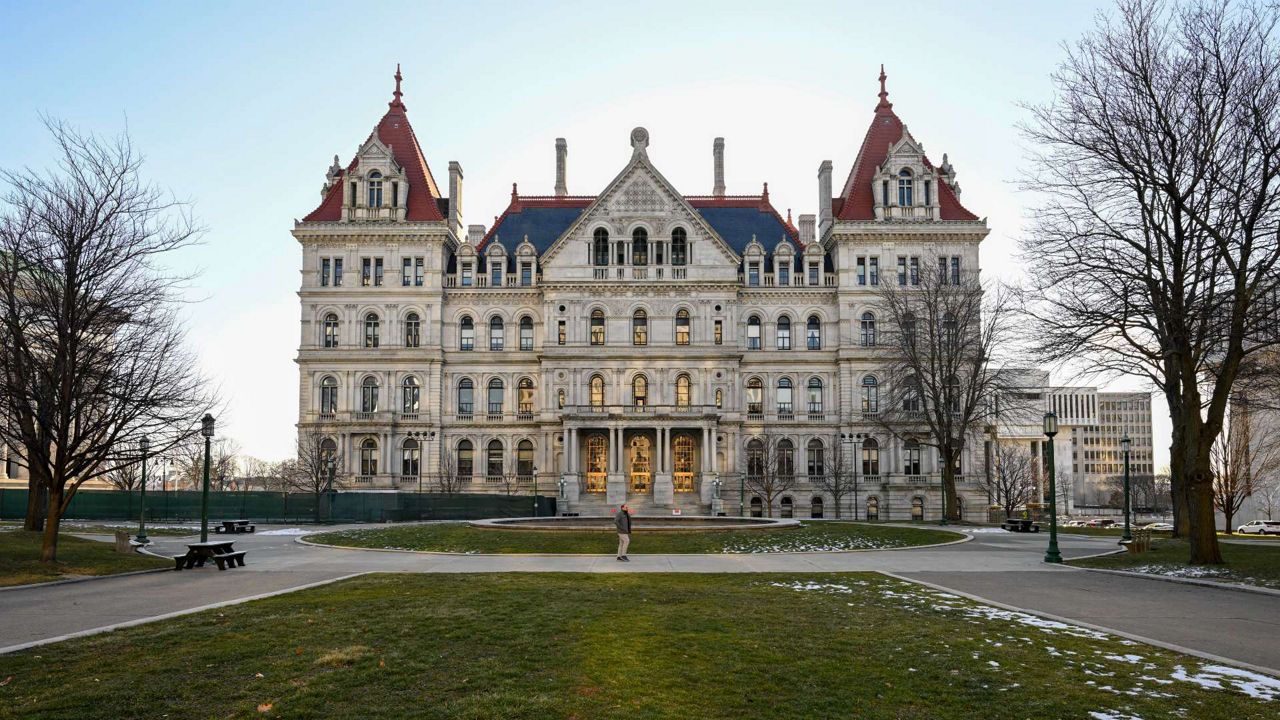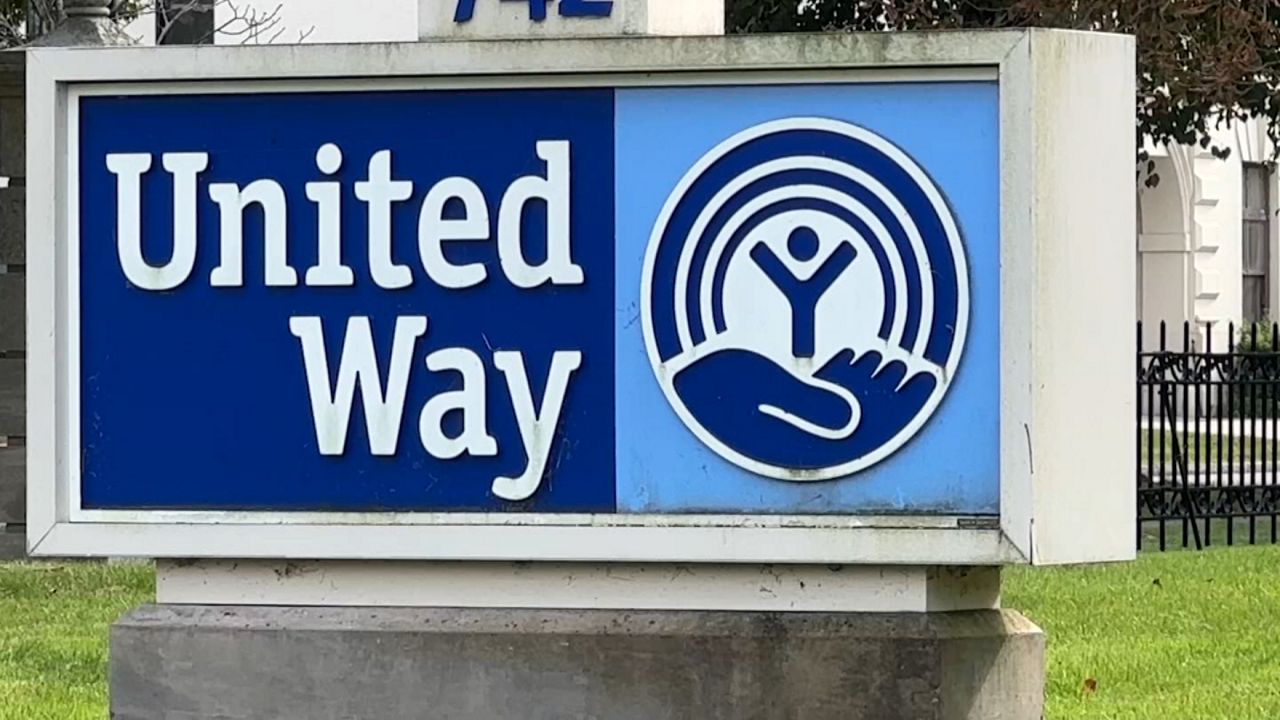Congressional Republicans and President Biden are in a high-stakes showdown over raising the debt ceiling.
In a letter to Congress, Treasury Secretary Janet Yellen said “it is highly likely” the government will be unable to pay all the nation’s bills after June 1, one week away.
According to Democrats, Republicans are threatening to blow up the economy unless Biden agrees to shrink the social safety net. According to Republicans, Democrats are already tanking the economy by spending recklessly.
The latest, according to the Associated Press, is that President Biden has agreed to hold spending flat at 2023 levels; Republicans say that’s not enough; they are insisting that next year’s spending be less than current levels.

Freshman Republican Rep. Mike Lawler, who represents the 17th Congressional District, which includes all or parts of Rockland, Westchester, Putnam, and Dutchess counties, spoke with Capital Tonight about the debt ceiling debate.
"I have long said that I have three parameters in the debt ceiling that must be met: One, the president and Sen. Schumer must negotiate with Speaker McCarthy in good faith; two, we must enact long-term spending reforms and reduce overall spending; and three, we must not default,” Lawler stated.
According to Reuters, if the U.S. stops cutting checks that fund 25% of the economy, Americans who have retirement accounts would suffer as the stock market “swoons," and within days, a lack of federal payments would hurt veterans, hike mortgage rates and add to inflation.
When asked if the fight was worth it, Lawler said that House Republicans are the only ones in Washington who have actually voted to lift the debt ceiling.
“Democrats voted against the 'Limit, Save & Grow Act,' so they voted against lifting the debt ceiling. The Senate, Sen. Schumer, cannot pass a bill – he has not introduced a bill to be passed in the Senate because he doesn’t have the votes necessary to do it,” Lawler said.
The "Limit, Save & Grow Act," which is the House Republicans' debt ceiling proposal, would allow federal discretionary spending to increase just 1% per year, which is below the rate of inflation.
Discretionary spending includes weapons programs, servicemember pay, grants for schools that serve low-income students, rental assistance to house millions of poor and disabled, and money to fund research on cancer and other life-threatening diseases.
Meanwhile, all 213 Democrats in the House on Wednesday agreed to pass a “discharge petition” which is a bill raising the debt limit with no strings attached. The bill would need five Republican votes to pass.
When asked what would have to happen for him to consider signing the discharge petition, Lawler said “a clean debt ceiling bill with no spending cuts cannot pass the U.S. Senate.”
“What Democrats need to come to the realization about is that you need to compromise,” he continued.
Unspent COVID money may be on the negotiating the table.
“We are coming to the deadline, but I think we are making progress,” Lawler said.









